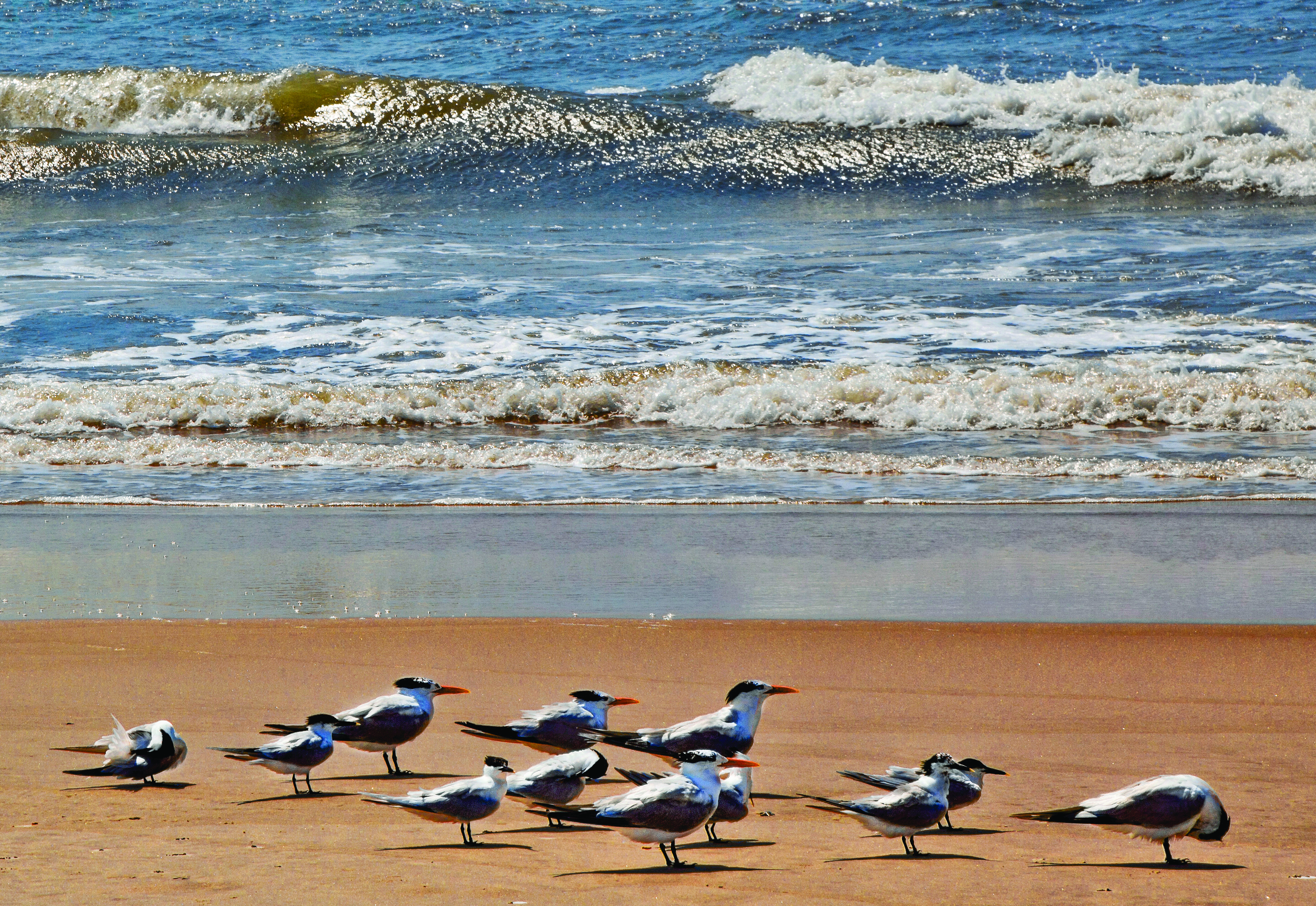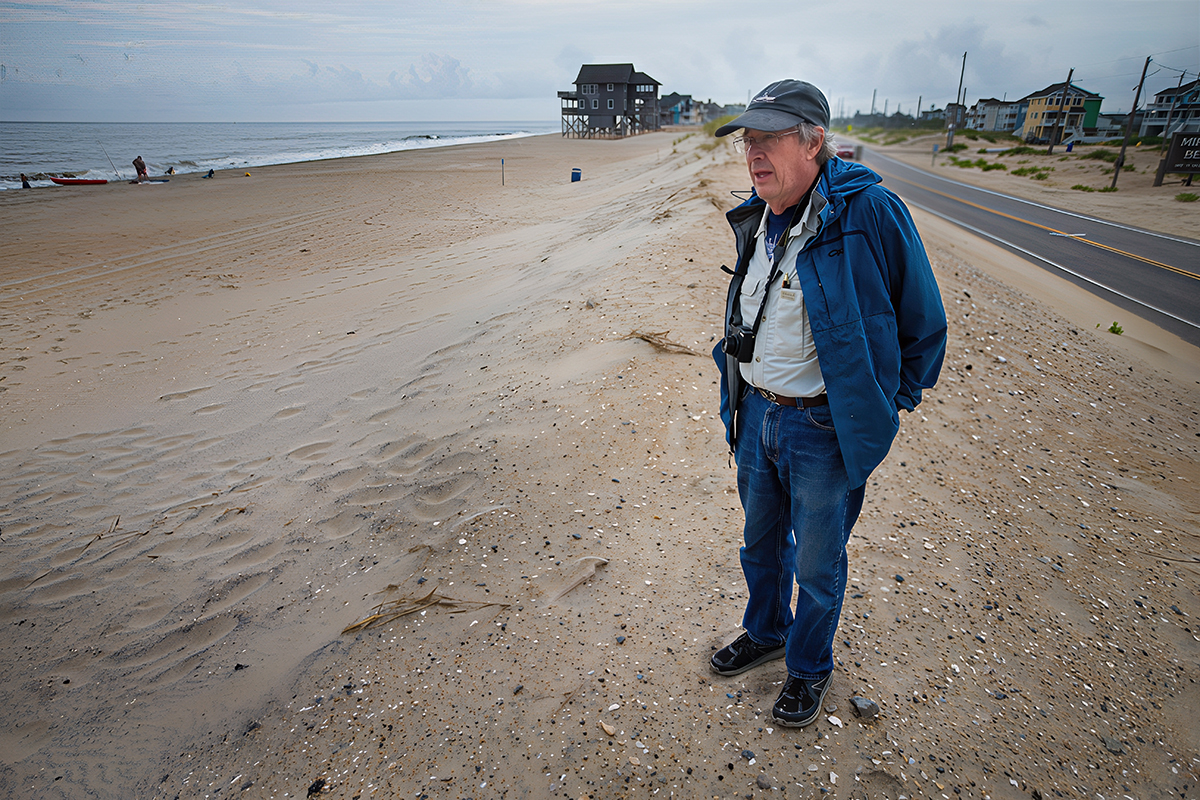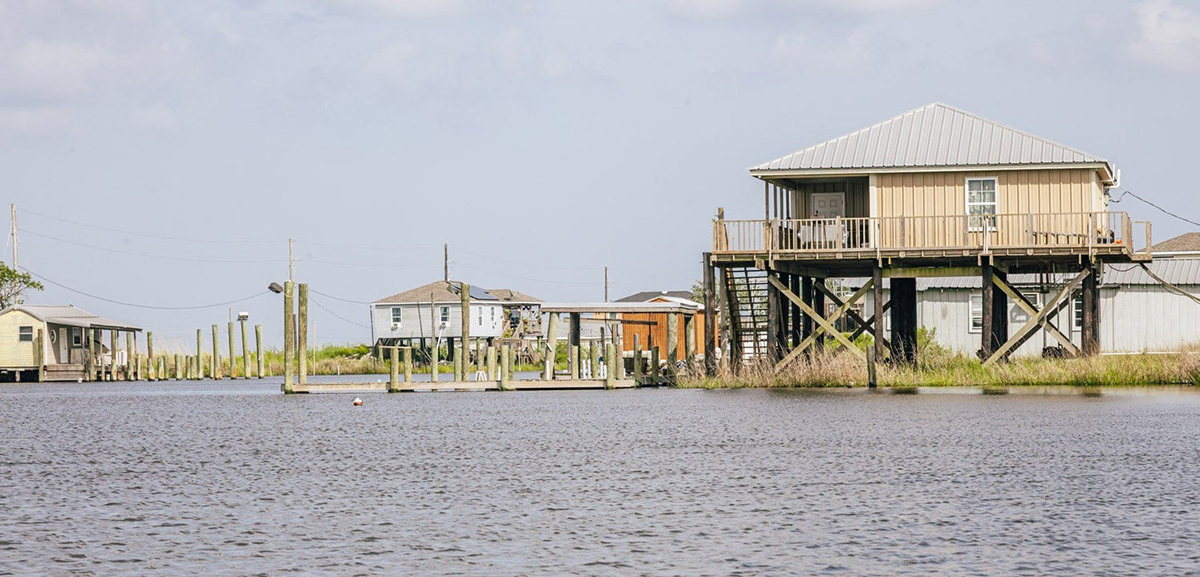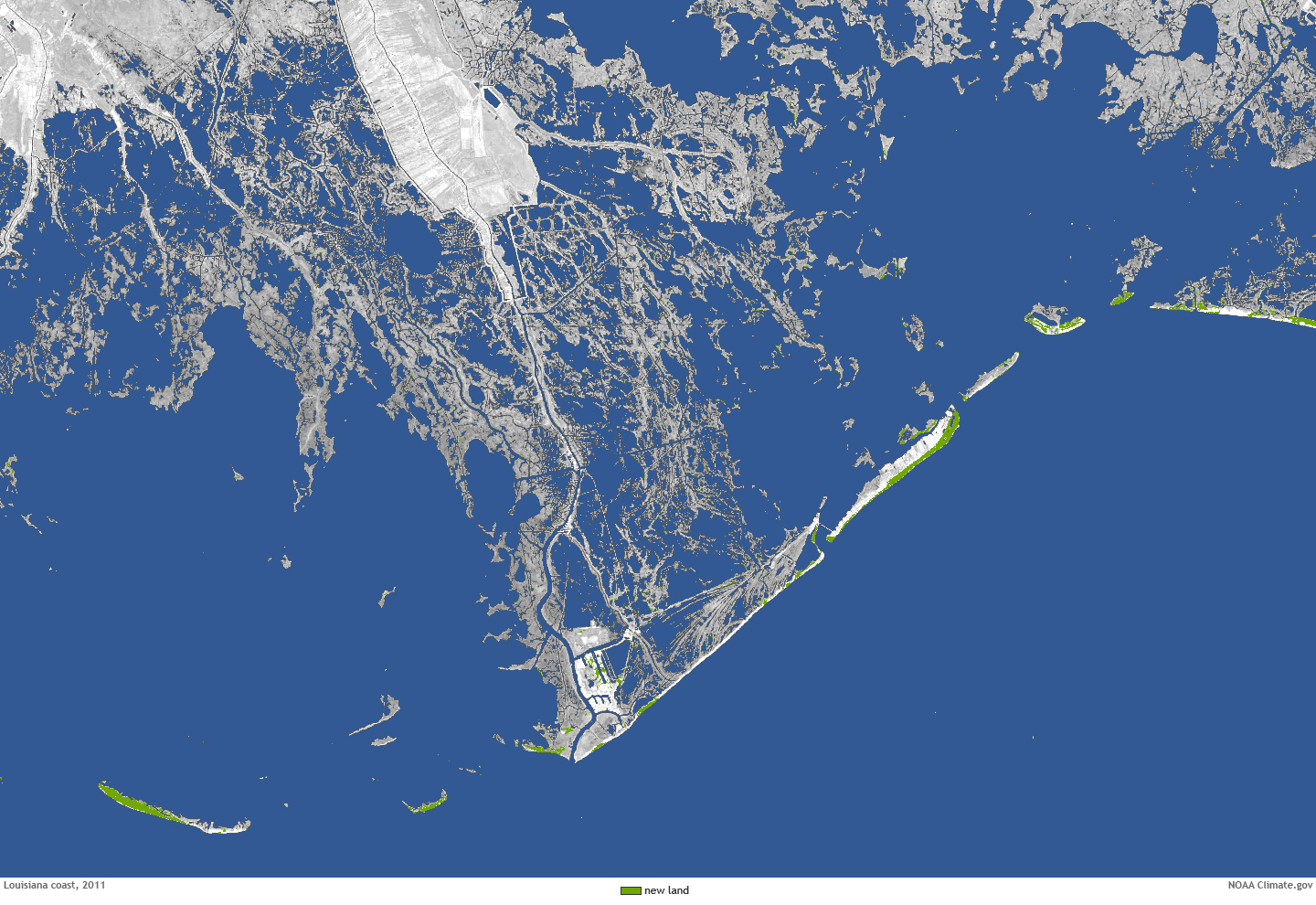RALEIGH — With Gov. Beverly Perdue still mum on whether she’ll veto the newly-minted budget or the controversial fracking bill sent to her last week, legislators pushed ahead to bring the short session to a close as early as Tuesday.
The last-minute flurry of bills included a number of changes to environmental rules and policy, but as legislators worked into yesterday evening, an expected compromise on controversial legislation on measuring sea-level rise had not surfaced.
Supporter Spotlight
The compromise, worked out in a conference committee after the House rejected the Senate’s sea-level rise policy, is said to place a moratorium on state rules meant to plan for a 3-foot rise in seas by 2100. The ban would remain in place until 2016, when an updated scientific assessment on sea-level rise is to be presented to the N.C. General Assembly.
 Rep. Pat McElraft |
Rep. Pat McElraft, R-Carteret, the conference committee co-chair, told the Carteret County News-Times that the compromise won’t include a controversial piece of a N.C. Senate bill that the House rejected. The new bill, she told the newspaper, won’t limit calculations of future sea-level rise to historical trends, but it won’t allow the 39-inch rise that was forecast by a state panel of scientific advisors two years ago.
The bill will authorize the panel to update their report for the legislature, McElraft said.
“We are asking for more science, we are asking for legitimate science, science that didn’t just use one model out of hundreds of models out there,” McElraft told the newspaper.
The discussions by the conference committee coincided with the release of a new study by the U.S. Geological Survey that identifies a 600-mile “hotspot” along the Atlantic coast from Cape Hatteras to New England, where sea-level rise is taking place at a pace three to four times faster than the global average. Researchers think that a slowing of the Gulf Stream may be responsible for the increased rise in sea levels. Climatologists have long speculated that a warming climate would affect the Gulf Stream.
Supporter Spotlight
More Regulatory ‘Reform’
Bills that did make it through this week include the Regulatory Reform Act of 2012, which follows on last year’s Republican push to “reform” regulations that they say are hindering economic growth. Like last year, the bill has drawn fire from environmentalists for continuing to make it harder for the state to draft and implement rules. But the new reform act, which includes a widely-varied dozen sections, is being criticized as a vehicle for favors.
Although Republicans who control the legislature said they were to out to evaluate rules and rewrite them to make them clearer, the bills of the past two years seem to have a different aim, noted Sam Peasall, director of the Southeast Land, Water and Wildlife Program for Environmental Defense.
“What they did instead was parcel out a lot of bits and pieces to benefit specific constituencies,” Pearsall said.
He called the latest package of reforms, “an Easter basket of little presents for small groups of people.”
For instance, the reform bill was one of several that included language delaying new stormwater rules in the Jordan Lake watershed in the Piedmont. Greensboro was pushing for the delay, which would favor several Triad developers. Coastal legislators supported the delay.
Sen. Harry Brown, R-Onslow, the Senate’s majority leader, said he understood the desire on the part of legislators in the Piedmont to slow the process down.
“On the coast, some of the rules have come at us so fast,” he said.
 Sam Pearsall |
Also soon to be on its way to the governor is the final version of an omnibus set of amendments to state environmental laws.
Among its many provisions are modifications to buffer requirements in the Neuse and Tar-Pamlico river basins.
Rep. Mitch Gillespie, R-McDowell, said the latest version of the bill includes a compromise worked out between the real-estate and home-building interests and the N.C. Department of Environment and Natural Resources over the buffer changes.
Also tucked in the bill is a revision of the composition of the Marine Fisheries Commission and the grants committee of the state’s Fishery Resource Grant program requiring more regional representation along the coast.
Ferry Tolls Delayed, Maybe
A supplement to the budget includes a year’s delay in ferry tolls. The bill would delay the tolls due to take effect July 1 for another year. The change was part of an array of adjustment rolled into a budget supplement this week. The original budget bill has yet to become law. Perdue has until midnight Sunday to either sign the budget, veto it or let it become law without her signature.
Beach Re-Nourishment
The Senate approved a bill that requires Carolina Beach to share about $1.2 million set aside in the state budget for a beach re-nourishment projects with its neighbor. If bill becomes law, the New Hanover Board of County Commissioners will have final say in how the money should be divided.







